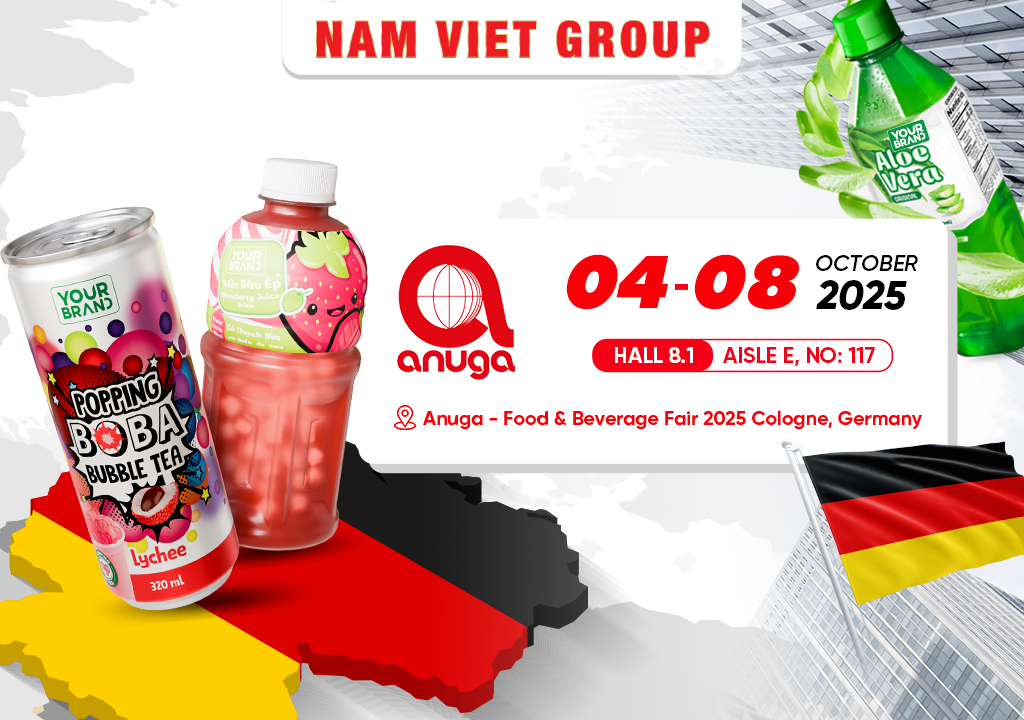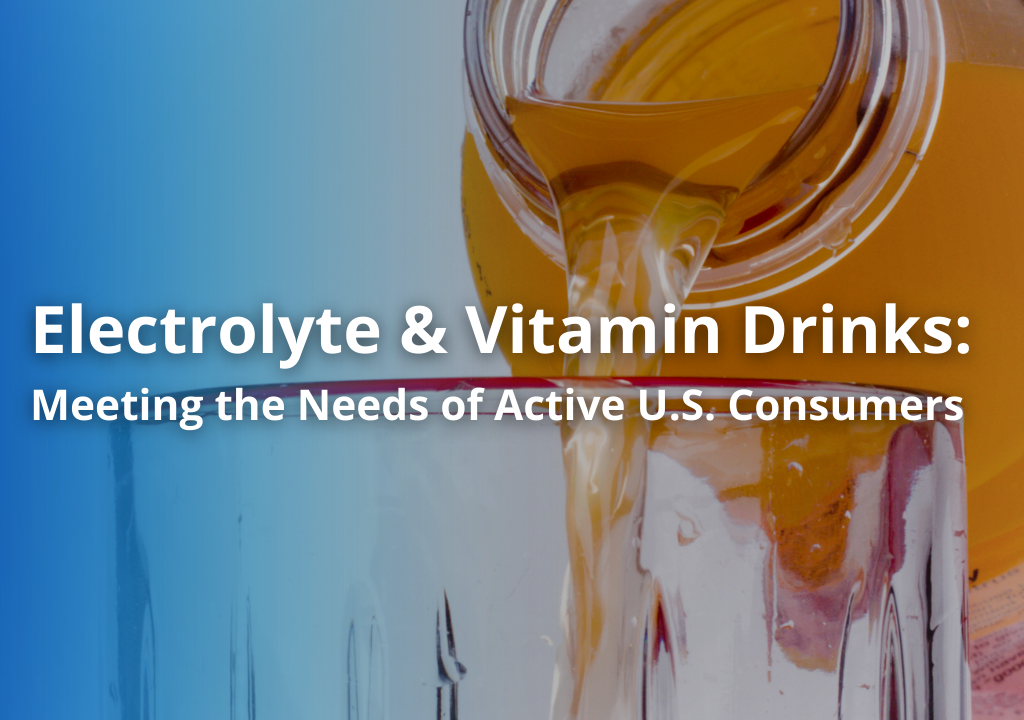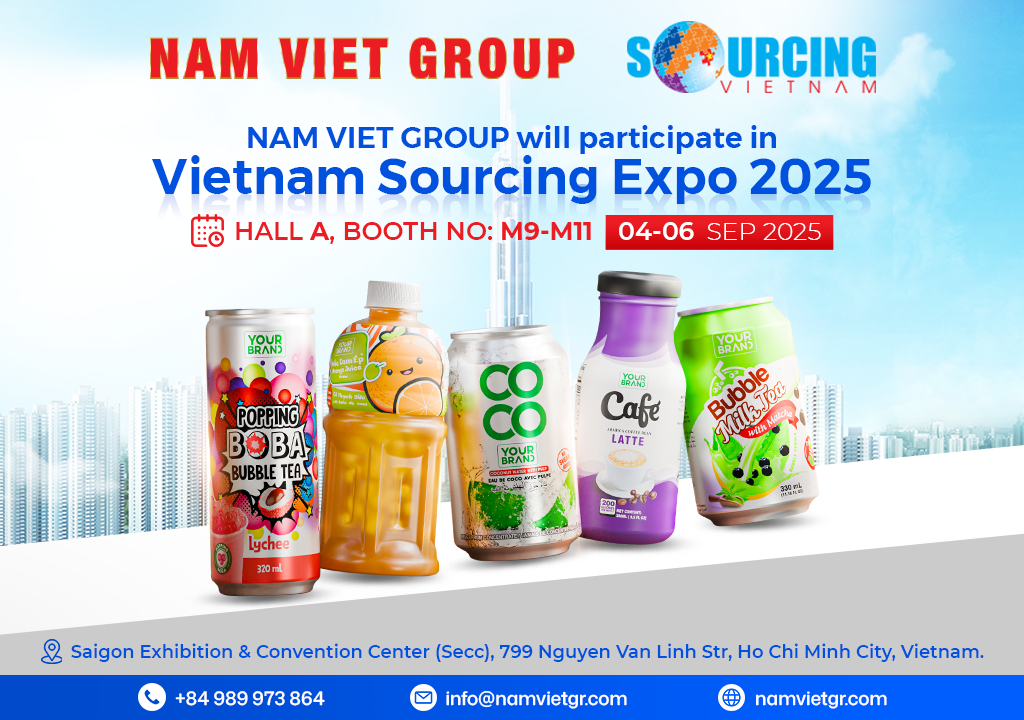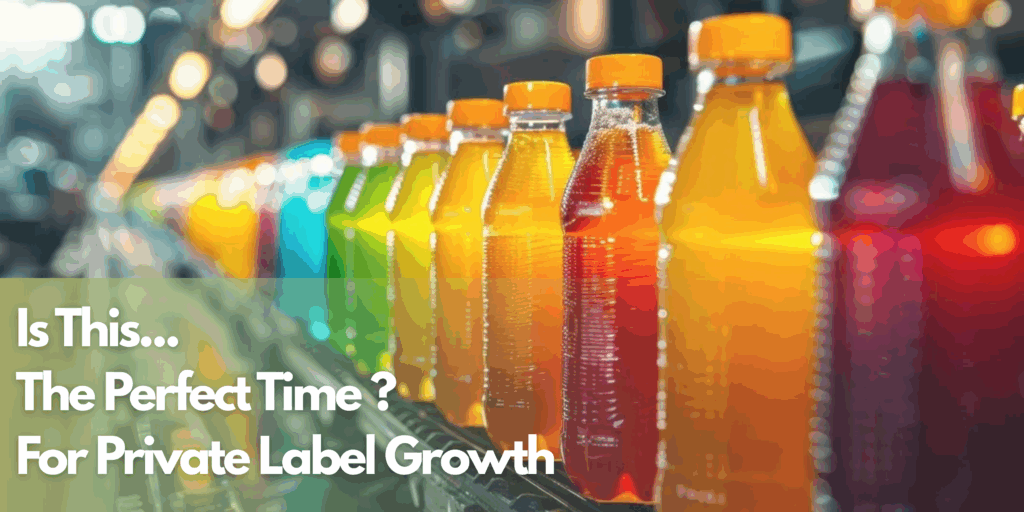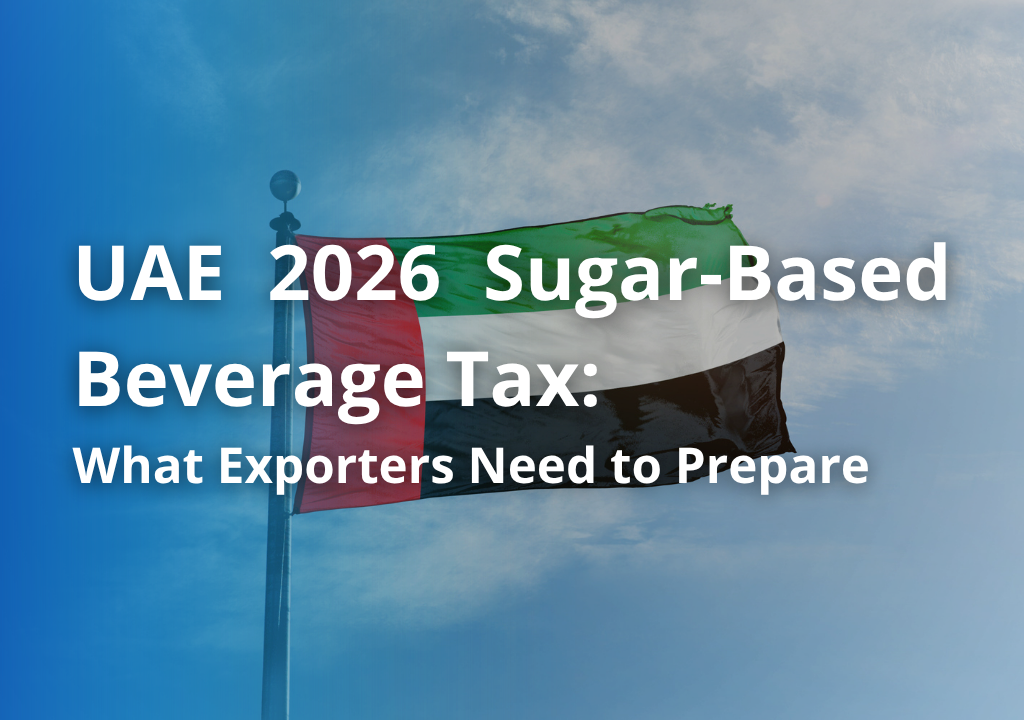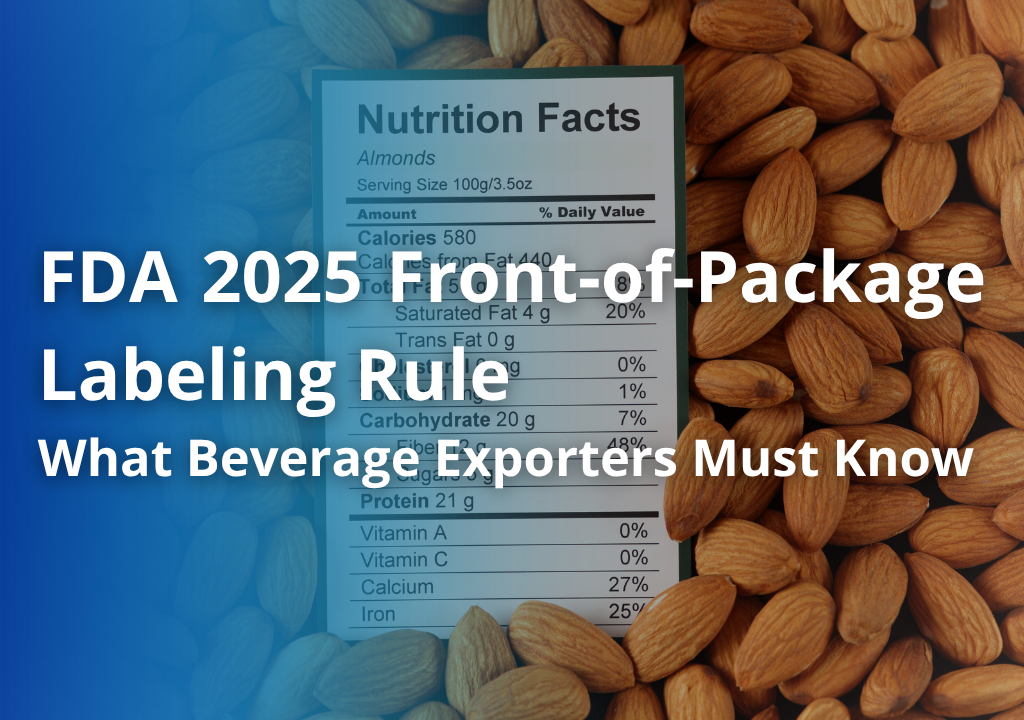QR Code Labeling Trend: South Korea’s Bottled Water Policy Signals a Regional Shift
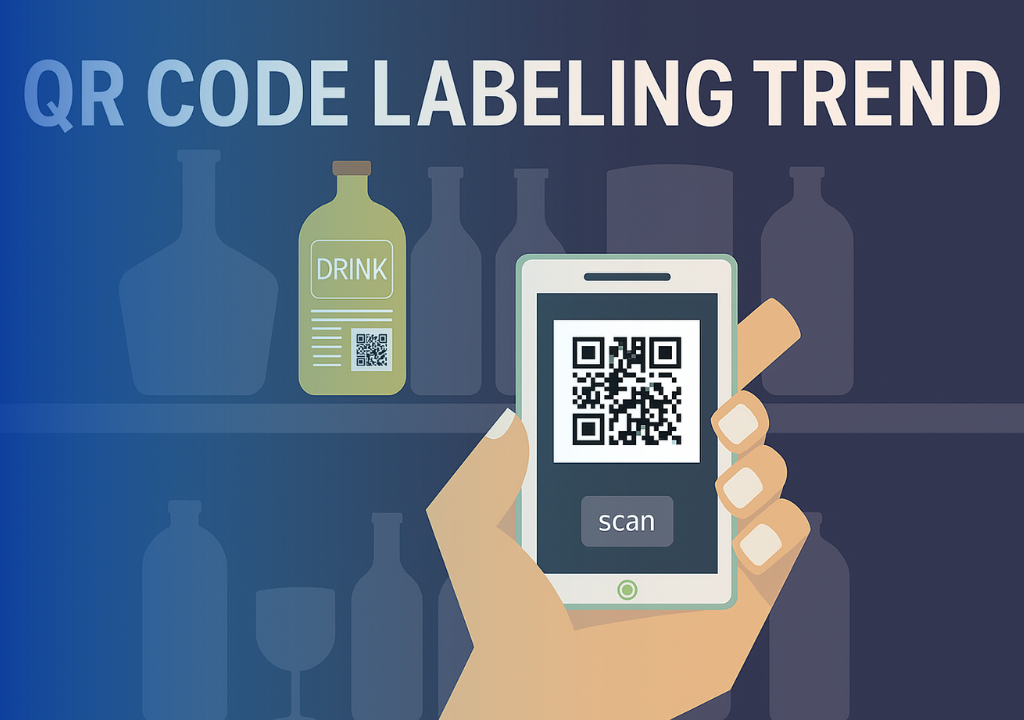
Why Is South Korea Removing Labels from Bottled Water?
- South Korea’s Ministry of Environment has stated that traditional paper or plastic labels hinder recycling efficiency.
- The country aims to reduce plastic waste by 60% by 2030 across F&B.
- Removing adhesive labels simplifies waste separation and accelerates material recovery.
- Bottles now carry QR codes linking to digital product pages showing ingredients, origin, expiration date, and certifications.
The Rise of QR Code Labeling Trend in Asia
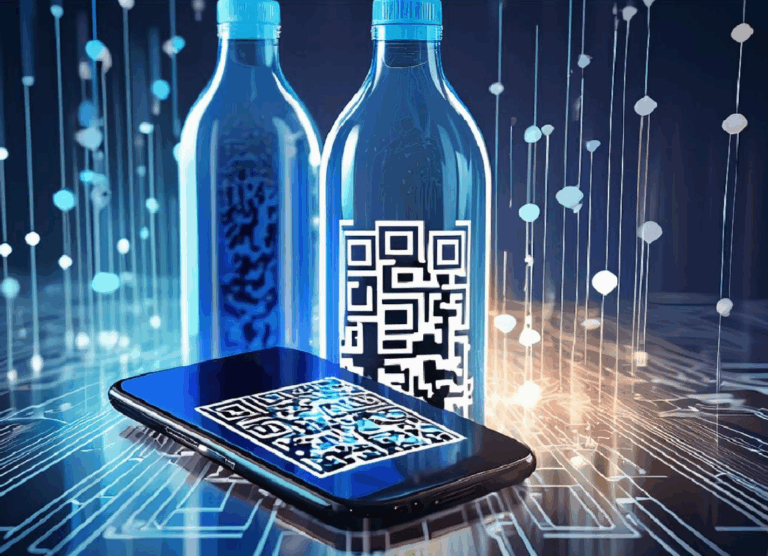
- South Korea is one of the first countries to legally mandate QR-based labeling for beverages.
- The QR code labeling trend is growing across APAC markets like Singapore, Taiwan, and Japan as part of circular economy policies.
- This trend aligns with global consumer demand for minimalist packaging, mobile-accessible product data, and clean label transparency.
Impacts on Beverage Exporters & OEM Brands
Exporters to Korea must now digitize their labeling systems, ensuring QR codes provide full, multilingual data (Korean/English).
Bottled water, flavored water, and functional beverages are most affected.
Compliance involves coordination between:
- Label design teams
- QR landing page development
- Import documentation
For OEM/ODM brands: This is an opportunity to highlight brand stories, ESG certifications, or ingredient origins via smart QR systems.
Product Categories Affected
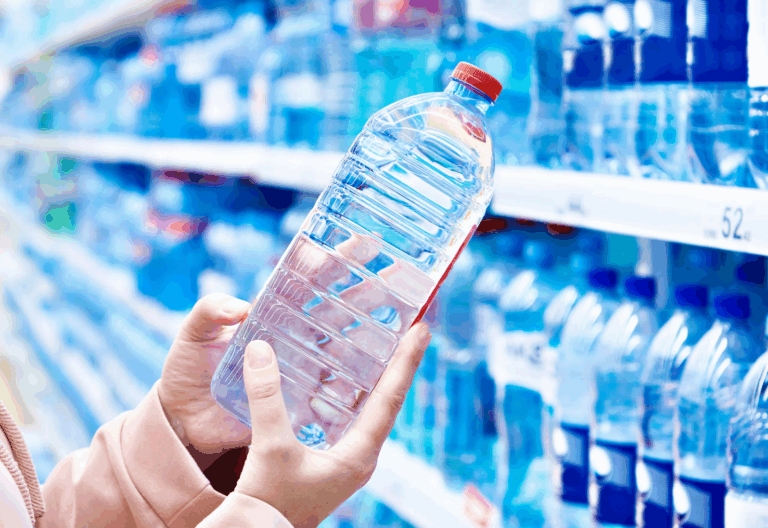
Products likely impacted include:
- Bottled purified water (PET)
- Natural mineral water
- Ionized or alkaline water
- Functional drinks in clear PET packaging
→ Vietnamese exporters of coconut water, fruit-infused water, and electrolyte beverages targeting Korea must prepare now for packaging reformat.
Strategic Opportunity for Vietnamese Exporters
Vietnam’s strength in beverage OEM/ODM production makes it a strong candidate to adopt label-free QR-ready packaging early.
QR labeling also opens up cross-platform engagement, including marketing storytelling, traceability, and sustainability claims.
Complying with this trend can enhance:
- Shelf appeal in Korean retail
- Entry into low-waste procurement contracts
- Brand credibility among eco-conscious consumers
Conclusion
The QR code labeling trend is more than a local regulation—it reflects a future-oriented shift in export packaging standards across Asia. Beverage exporters that adapt now will gain a competitive edge in sustainability-focused markets like South Korea. Start auditing your label systems, build your QR content infrastructure, and prepare for digital-first compliance today.
Nam Viet Group – your trusted source for global F&B export intelligence. Follow us for real-time updates on policy shifts, labeling rules, and compliance trends shaping the international beverage trade.
Source: foodnavigator-asia.com



